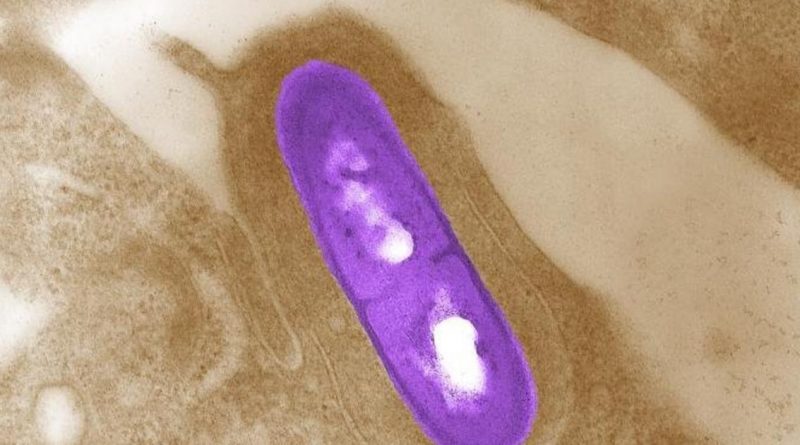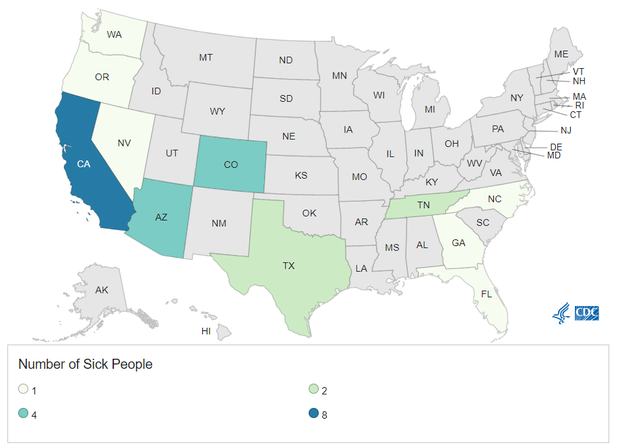Costco, Trader Joe’s and Walmart products made with cheese linked to deadly listeria outbreak
A sweeping recall of dairy products linked to a lethal listeria outbreak is expanding to foods sold at major retailers including Costco, Trader Joe’s and Walmart.
The latest items being recalled include dips, dressings, salad and taco kits sold at the grocery chains and follows a recall of nearly 60 cheese and dairy products by Modesto, Calif.-based Rizo-López Foods earlier this week. That came as federal health officials said new evidence had linked the company’s products to a listeria outbreak first detected nearly a decade ago.
At least 26 people in 11 states have been stricken in the ongoing outbreak, with the latest illness occurring in December, according to the Centers for Disease Control and Prevention. One person died in California in 2017, and another fatality occurred in Texas in 2020, the CDC said.
The new recalls also include products sold at Albertson’s, Costco, H-E-B and Trader Joe’s after Fresh Creative Foods — a unit of Reser’s Fine Foods — recalled assorted dressings, sauces and a street taco meal kit (See a list of the recalled food here.)
U.S. Centers for Disease Control and Prevention
Salad kits sold at Costco, Walmart and Winco are also being recalled because they contain Rizo-López cheese, Irwindale, Calif.-based Ready Pac Foods said on Thursday. The potentially tainted kits were distributed by Ready Pac in 15,751 cases manufactured between December 2023 through February of this year.
Additionally, BrightFarms of Irvington, New York, is recalling Southwest Chipotle salad kits with best-by-dates between Dec. 13, 2023, and Feb. 22, 2024, because they contain potentially tainted cotija cheese, according to a company notice posted by the Food and Drug Administration.
The affected cheese is enclosed inside the kits and have has a best-by-date through March 27, 2024. The recalled products were sold by retailers in Delaware, Maine, Maryland, Massachusetts, New Hampshire, New Jersey, New York, North Carolina, Pennsylvania, Vermont, Virginia, and Washington D.C.
The investigation into the outbreak is ongoing, according to the FDA.
Consumers are urged to discard the recalled products. Surfaces and containers that came in contact with the products should be sanitized, as listeria can survive in refrigerated environments and spread.
Listeria is most likely to affect pregnant people and newborns, people 65 and older, and those with weakened immune systems, according to the CDC. Infection symptoms typically start within two weeks of eating contaminated food and can include fever, muscle aches, nausea, tiredness, vomiting and diarrhea. More serious cases may also include headache, stiff neck, confusion, loss of balance and convulsions.





